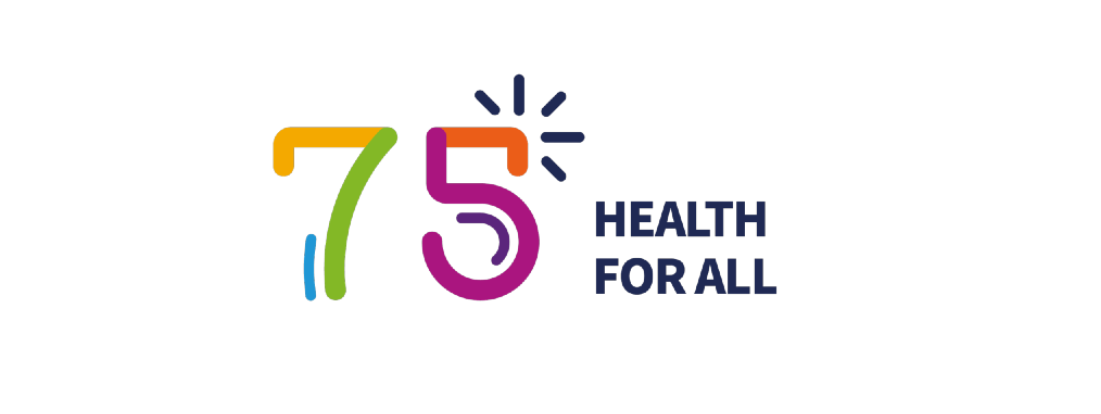Strong health systems are needed to deliver both universal health coverage and emergency preparedness.
It is clear that the UHC principle of equal access to essential services and financial risk protection is entirely consistent with the humanitarian principles and UHC is a prerequisite for effective humanitarian health relief. Furthermore, the building blocks for a well-functioning health system are as crucial to emergency management as they are to the achievement of UHC.
Therefore, UHC during emergencies can be achieved if the humanitarian principles are adhered to by national and international actors and effective emergency management is put in place and implemented on the ground. Unfortunately, this is not usually the case during real life emergencies. There are often major gaps and obstacles to effective management of emergencies and hence provision of UHC.
First and foremost is that most countries are not adequately prepared for crises and emergencies and they frequently lack plans and capacity on risk and vulnerability assessment and preparedness at the level of communities and countries at risk.
Second is lack of security, which may result not only in destruction of infrastructure, but also in lack of access to health facilities due to hostilities, inability of health professionals to reach people in need, lack of transport and a host of other related issues.
Third are other causes of inaccessibility. Despite humanitarian principles, the cost of obtaining treatment may actually rise during emergencies. People may have to compete to access available medical services and supplies, user fees may be imposed and closure of government facilities may force people to resort to the private sector and make them vulnerable to exploitation.
Fourth is funding. If adequate preparedness and planning are not in place, a state will not be in a position to implement mitigation and early response measures and may need the international community to help support the emergency response. While funding mechanisms for immediate international response may be available, the longer an emergency continues, the more need there is for a sustainable means of funding and donor fatigue may be a major limiting factor.
Fifth is lack of medical supplies and essential medicines. Although emergency health kits are normally provided during acute crises, life-saving medicines and supplies for chronic diseases, maternal and child health care and mental health are often forgotten or inaccessible.
These impediments require action by countries and the international community. Countries need to be better prepared for emergencies and to invest in strengthening the resilience of their health systems. Vulnerable communities also need to consider international experience and lessons learned in order to address gaps. At the global level, the international community should establish stronger coordination and learn from experiences, particularly in the last 8 years since the implementation of the UN humanitarian reforms.
These impediments require action by countries and the international community. Countries need to be better prepared for emergencies and to invest in strengthening the resilience of their health systems. Vulnerable communities also need to consider international experience and lessons learned in order to address gaps. At the global level, the international community should establish stronger coordination and learn from experiences, particularly in the last 8 years since the implementation of the UN humanitarian reforms.
Strong health systems are needed to deliver both universal health coverage and emergency preparedness.





Comments
Post a Comment